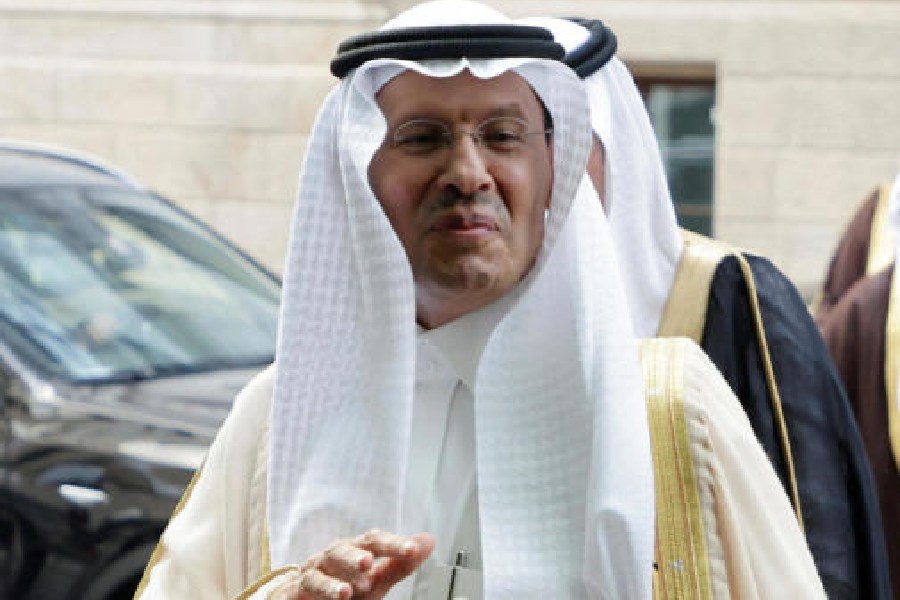Saudi Arabia said on Sunday that it will reduce how much oil it sends to the global economy, taking a unilateral step to support the sagging cost of crude after two earlier production cuts by members of the Opec+ alliance of major oil-producing countries failed to push prices higher.
The announcement of the Saudi cuts of 1 million barrels per day, which will start in July, followed a meeting of the alliance at Opec headquarters in Vienna. The rest of the Opec+ producers agreed to extend earlier cuts in supply through the end of 2024.
“This is a grand day for us because the quality of the agreement is unprecedented,” Saudi energy minister Abdulaziz bin Salman said in a news conference, adding that the new set of production targets is “much more transparent and much more fair”.
The slump in oil prices has helped US drivers fill their tanks more cheaply and given consumers worldwide some relief from inflation. That the Saudis felt another cut was necessary underlines the uncertain outlook for demand for fuel in the months ahead.
Saudi Arabia, the dominant producer in the Opec oil cartel, was one of several members that agreed on a surprise cut of 1.16 million barrels per day in April. The kingdom’s share was 500,000.
That followed Opec+ announcing in October that it would slash 2 million barrels per day, angering US President Joe Biden by threatening higher gasoline prices a month before the midterm elections.
However, those cuts gave little lasting boost to oil prices. Brent crude climbed as high as $87 per barrel but has given up its post-cut gains and has been loitering below $75 per barrel in recent days. US crude has dipped below $70.
Those lower prices have helped US drivers kick off the summer travel season, with prices at the pump averaging $3.55, down $1.02 from a year ago, according to auto club AAA. Falling energy prices also helped inflation in the 20 European countries that use the euro drop to the lowest level since before Russia invaded Ukraine.
It’s possible the latest production cut could send oil prices up and with them, gasoline costs. But there is uncertainty about when the slow-growing global economy will regain its thirst for fuel for travel and industry.
The cut follows bin Salman’s sharp warning to speculators betting on lower oil prices. The Saudis need sustained high oil revenue to fund ambitious development projects aimed at diversifying the country’s economy away from oil.










